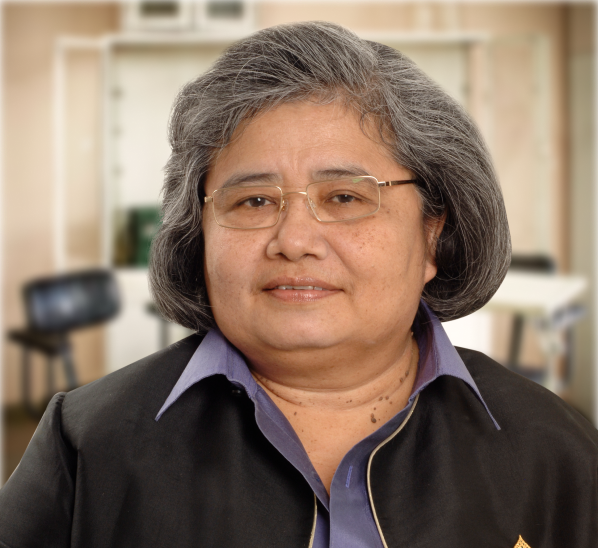KRISANA successfully formulated the world\u2019s first generic antiretroviral drug to treat HIV generally and reduces the risk of mother-to-child transmission, at one-fourth the cost of the branded product. She and her team then invented GPO-VIR, a \u201ccocktail\u201d drug that is eighteen times cheaper than the multiple-pill regimen taken by AIDS patients.
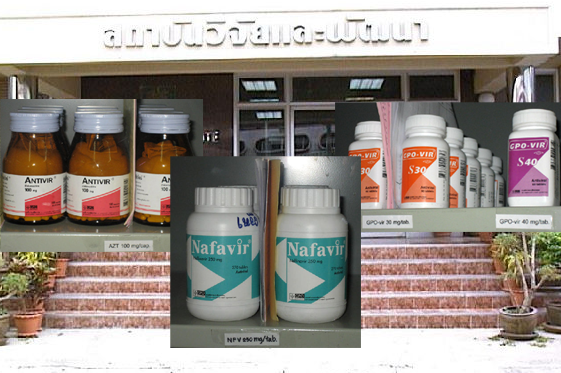
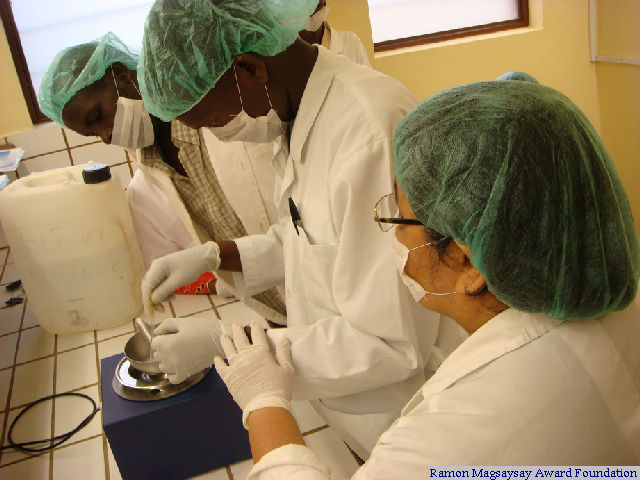
In Democratic Republic of Congo, KRISANA set up a pharmaceutical factory that was able to produce generic antiretrovirals after only three years. She also helped upgrade an old pharmaceutical plant in Tanzania to produce affordable antimalarial drugs and ARVs.
Painfully aware that in sub-Saharan Africa, only one percent of four million people were receiving antiretroviral therapy, KRISANA brought her expertise to help fifteen different African countries.
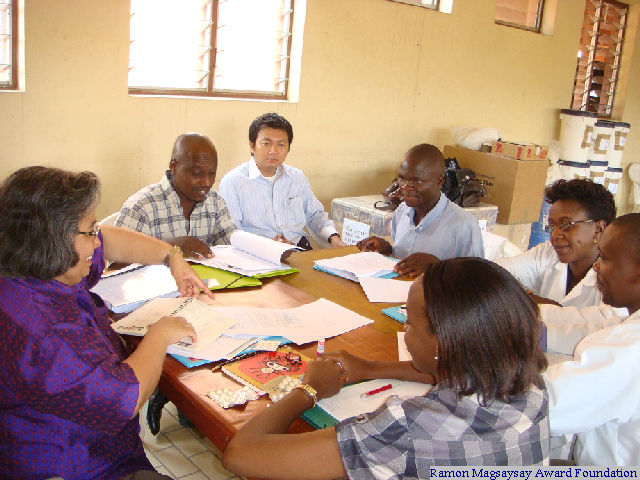
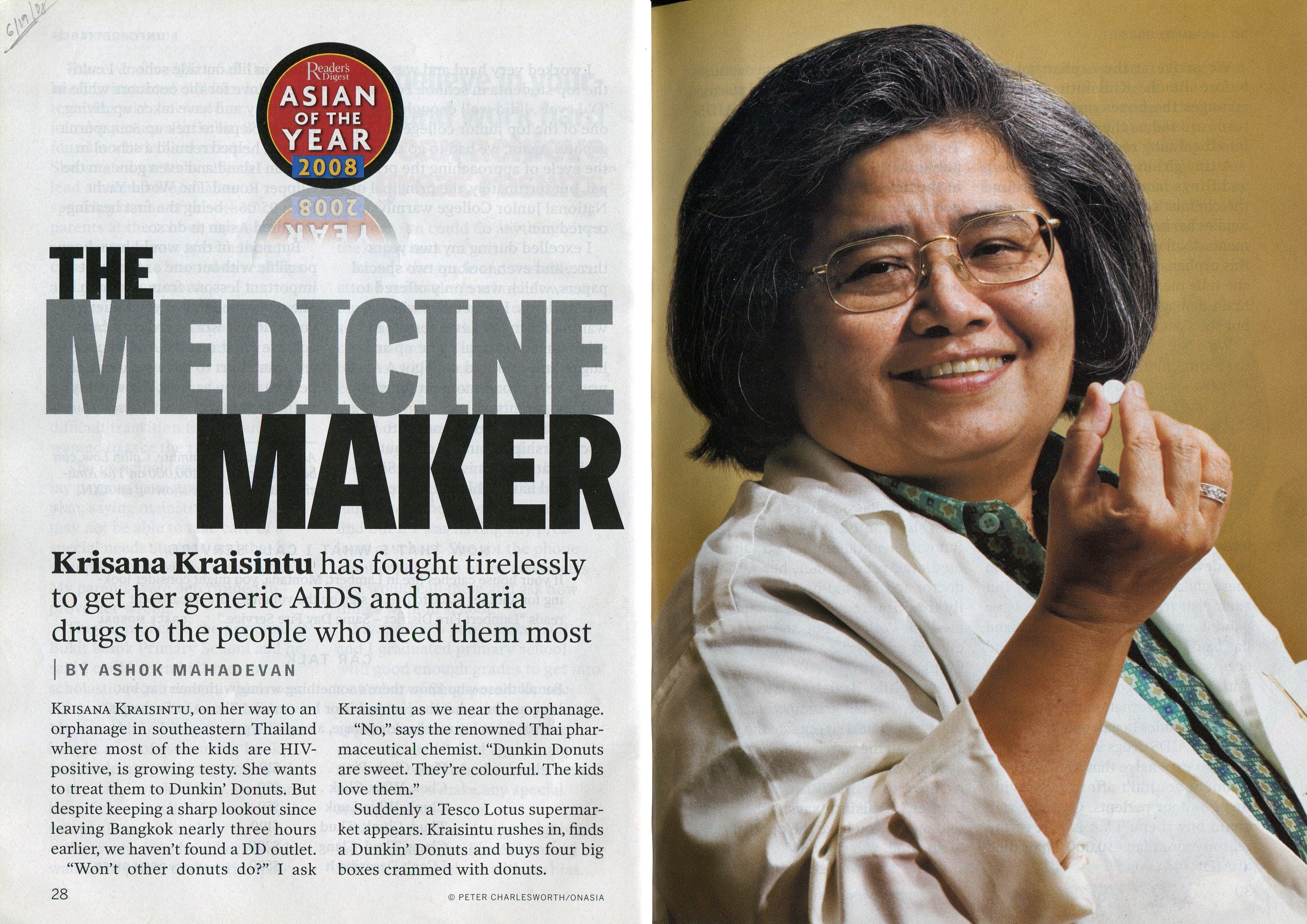
KRISANA weathered major legal battles to produce generic antiretroviral drugs for AIDS and malaria. She says, \u201cI know I\u2019m a scientist, but I\u2019m also very sensitive. When I see suffering, I feel very sad and I want to do something.\u201d
Making health affordable for the poor, says KRISANA, is a matter of social justice. \u201cThat is why I want to teach people to make medicines, so they can help themselves.\u201d
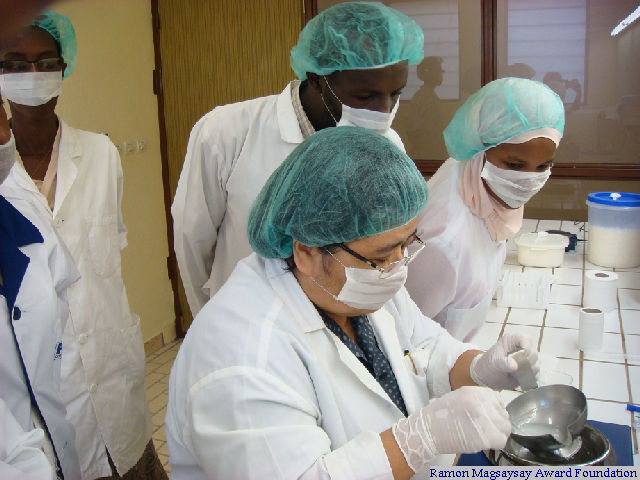
Today, thirty-eight million people across the globe are living with the silent scourge of HIV/AIDS; more alarmingly, over twenty-five million have died of the disease in less than three decades. Any serious effort to fight the AIDS epidemic requires that treatment be both accessible and affordable; sadly, this remains an unresolved issue for patients in developing countries, where nine out of ten HIV/AIDS cases can be found. Here, countless lives remain at risk because patent protection laws and the lack of generic alternatives make desperately-needed drugs too expensive. Thai scientist KRISANA KRAISINTU has been working determinedly to address this crisis.
KRISANA sees the huge gap in access to medicines between rich and poor nations as “a crime against humanity, and a holocaust of the poor.” Devoting her life to addressing this problem, she played a pivotal role in Thailand’s success as one of the few countries in the world to have reversed a serious HIV/AIDS epidemic. But not one to rest on her laurels, KRISANA has since brought her expertise and compassion to other parts of the world.
A highly-trained pharmacist, she earned a doctorate in pharmaceutical chemistry from Bath University in England. In 1983, she joined the Government Pharmaceutical Organization (GPO), which manufactures pharmaceutical products to support Thailand’s public health activities. Leading GPO’s newly created Research and Development Institute, she guided the production of numerous generics for a wide range of illnesses, including hypertension and diabetes.
When AIDS became a national epidemic in Thailand, she conducted research on antiretroviral drugs despite the lack of government support, the skepticism of many colleagues, and lawsuits from drug companies. In 1995, after months of solitary toil with toxic materials in a windowless lab, KRISANA successfully formulated the generic version of AZT (zidovudine), which treats HIV generally and reduces the risk of mother-to-child transmission. Introduced into the market at only one-fourth the cost of the branded product, it is the developing world?s first generic antiretroviral (ARV) drug.
Working with NGO advocates lobbying for lower consumer prices, she weathered major legal battles to produce the second generic ARV drug ddI (didanosine); still later she and her team invented a “cocktail” drug known as GPO-VIR, which is eighteen times cheaper than the regimens of multiple pills taken by AIDS patients. GPO currently produces seven types of ARVs, with production sufficient to treat 150,000 patients a year in Thailand, Cambodia, Laos, and Vietnam.
In 2002 KRISANA took her expertise to sub-Saharan Africa, the region hardest-hit by the disease. As she started her work, she was painfully aware that only 1 percent of the four million people in need was receiving ARV therapy. This time, she surmounted another set of formidable obstacles: working in zones of armed conflict, traveling to remote locations, and contending with grossly inadequate facilities. In war-torn Democratic Republic of Congo, she set up a pharmaceutical factory that was able to produce generic antiretrovirals after three years. In Tanzania, she helped upgrade an old pharmaceutical plant to produce affordable antimalarial drugs and ARVs. Going further, she brought her expertise to thirteen more African countries, helping them to locally manufacture affordable medicines.
The intrepid KRISANA easily commiserates with victims of disease. She admits, “I know I’m a scientist, but I’m also very sensitive. When I see suffering I feel very sad, and I want to do something.” So she shares her generic formulas for free and trains chemists and technicians, often using her own money in the course of her work. Making health affordable for the poor, she says, is a matter of social justice. “That is why I want to teach people to make medicines, so they can help themselves.”
In electing KRISANA KRAISINTU to receive the 2009 Ramon Magsaysay Award, the board of trustees recognizes her placing pharmaceutical rigor at the service of patients through her untiring and fearless dedication to producing much-needed generic drugs in Thailand and elsewhere in the world.
It is truly an honour for me to receive the 2009 Ramon Magsaysay Award, an award that honours the legacy of a distinguished statesman and signifies transforming contributions to human development in Asia.
My journey as a pharmacist in pursuit of increasing access to medicines to those underprivileged and often disadvantaged people in developing nations has been a long one. That journey is filled with adventures, formidable challenges and achievements, disappointments and rewards, sadness and joy, both in my homeland Thailand and in many African countries that I’ve visited and worked in.
I was motivated by a sense of fairness, and a view of AIDS as a social as well as a health problem. I think everybody should get access to treatment. It is a basic human right. The development and manufacture of medicines must be aimed at improving public health and the well-being of the people, thereby contributing to economic growth and prosperity. My life is dedicated to bringing about local pharmaceutical production by formulating and manufacturing affordable generic drugs to treat HIV/AIDS, malaria and other maladies, to improve people’s health.
Between 1983 and 2002 when I worked for Thailand’s Government Pharmaceutical Organisation, GPO manufactured over one hundred new kinds of drugs that had never been produced before in Thailand. In 1995 Thailand became the first developing country to make available the AZT capsule, and in 2001 a fixed-dose generic combination drug of stavudine, lamivudine and nevirapine, known as GPO-VIR, against HIV/AIDS. As a result of this cost-reduction and high-quality drug, as well as Thai civil society’s tireless advocacy for its broader availability, the Thai government has established a policy of universal coverage for antiretroviral treatment for 150,000 patients infected by HIV/AIDS to date.
For the past seven years, I have worked in fifteen African countries, fourteen of which are least developed countries, spread from West to East Africa-teaching the local people to manufacture generic antimalarial and antiretroviral drugs. I believe that teaching people how to fish is better than giving them fish. It is important to break the cycle of health dependency of less developed countries on the wealthier countries and multinational pharmaceutical companies.
It was passion and compassion that drove me, the belief in what I was doing that sustained me through the toughest of times. My grandmother instilled in me the spirit of perseverance against all odds, and to “never give up” — principles that guide my actions in Africa today where obstacles are the norm.
It is with great hope that humanity still has a heart filled with compassion that goes beyond the color of one?s own skin and one?s own borders; a hope that people will begin to realize that our brothers and sisters are dying in tragic numbers; and a hope that people truly are more important than profits in this business that is life.
The challenges ahead are immense. But my determination-to increase access by the poorest of the poor, wherever they are, to affordable and high-quality medicines-continues to propel me to carry on with my journey. Thank you very much.

